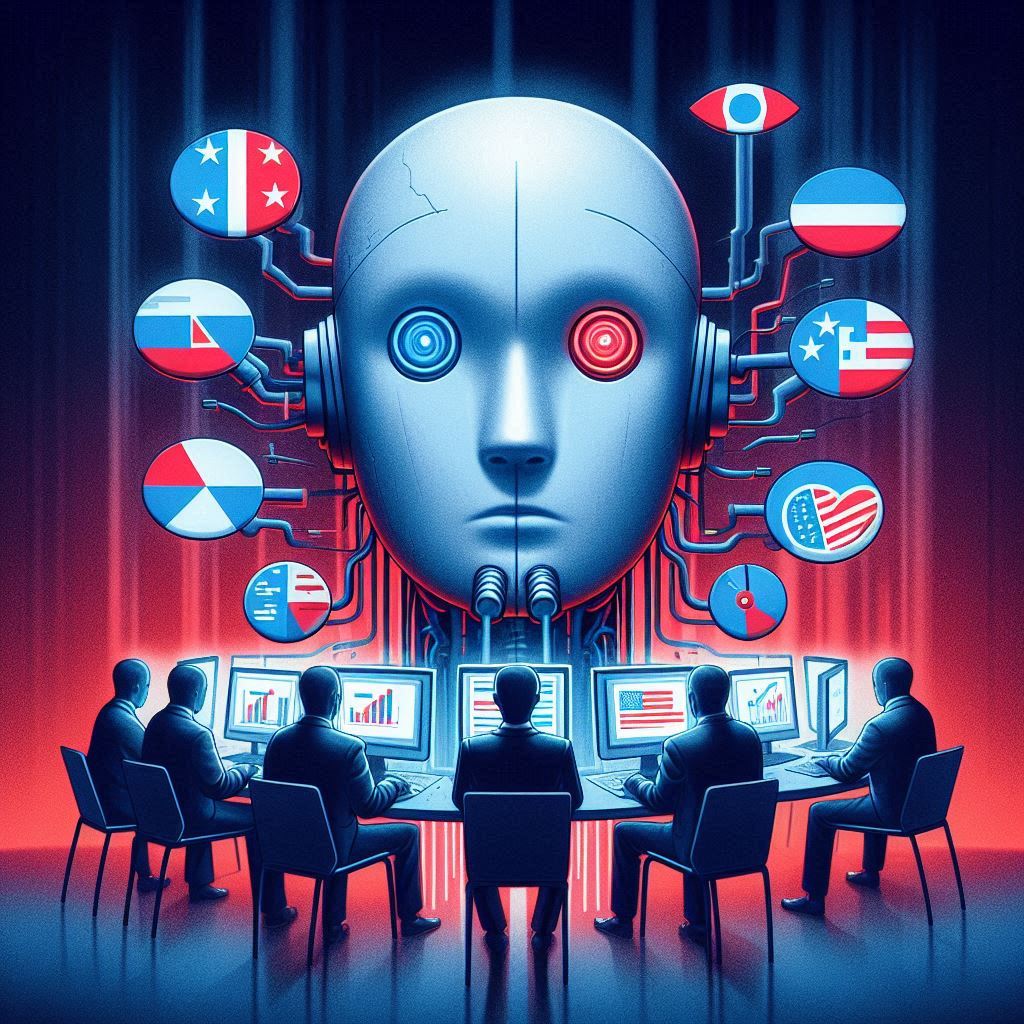
Adrian Perkins' reelection campaign for mayor of Shreveport, Louisiana, faced a significant challenge when a rival political action committee (PAC) used artificial intelligence (AI) to create a satirical attack ad against him. The ad, which depicted Perkins as a high school student being scolded by a principal, used deepfake technology to superimpose Perkins' face onto an actor's body. The principal criticized Perkins for failing to keep communities safe and create jobs. Although labeled as using "deep learning computer technology," the ad's impact on voters was substantial. Perkins, a Democrat, attributed his 2022 election loss partly to this ad, highlighting the difficulties less-resourced campaigns face in countering such sophisticated attacks.
This incident marks one of the earliest examples of AI deepfakes being used in U.S. political campaigns. As generative AI becomes more widespread and accessible, it presents both opportunities and risks for political candidates. While AI can streamline campaign tasks and reduce costs, it also poses significant challenges, especially for lower-profile races. Candidates in such races often lack the resources to combat AI-generated misinformation, increasing the risk that misleading content could influence election outcomes.
Efforts to regulate the use of AI in political campaigns have been inconsistent. While more than a third of U.S. states have enacted laws to address AI in politics, including measures specifically targeting election-related deepfakes, Congress has yet to pass comprehensive legislation. The lack of national safeguards means that AI-enabled misinformation is a growing concern, particularly for close and low-profile races where slight shifts in voter perception can have a significant impact.
The decline of local news outlets exacerbates the problem, as there is less coverage of state and local candidates, making it harder for voters to distinguish between real and fake information. U.S. Senator Mark Warner of Virginia, who has been active in AI-related legislative efforts, emphasized that AI-generated misinformation is easier to detect in high-profile races due to greater scrutiny. However, in less-publicized contests, the lack of media attention makes it easier for AI-generated falsehoods to go unnoticed.
As AI technology continues to evolve, political campaigns and lawmakers must adapt to address the associated risks. Democratic secretaries of state have been proactive in passing legislation with penalties for AI abuse in elections, but a unified national approach is still lacking. The evolving landscape of AI in politics requires ongoing efforts to develop effective regulations and safeguard the integrity of elections, particularly in down-ballot races where the impact of AI misinformation can be most profound.